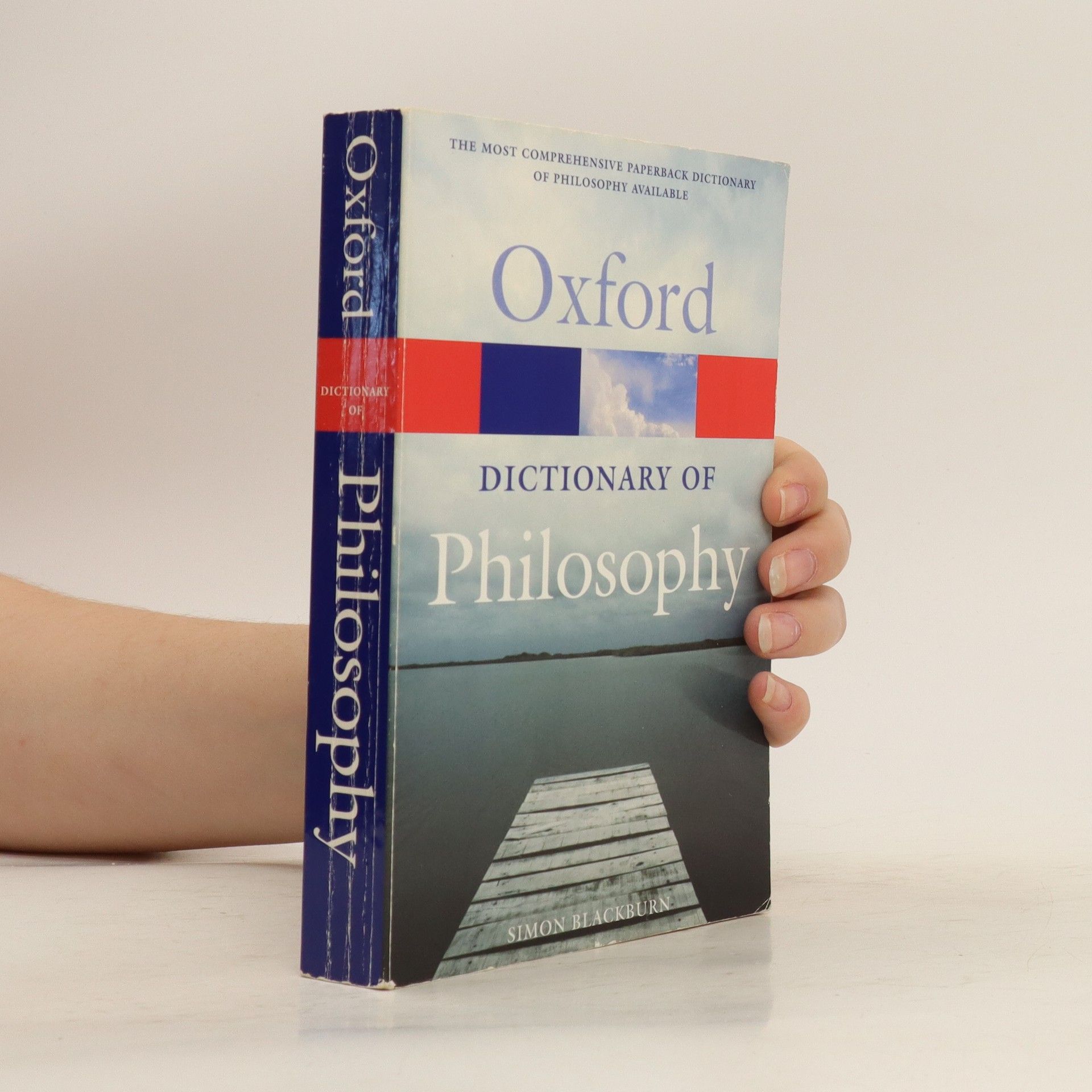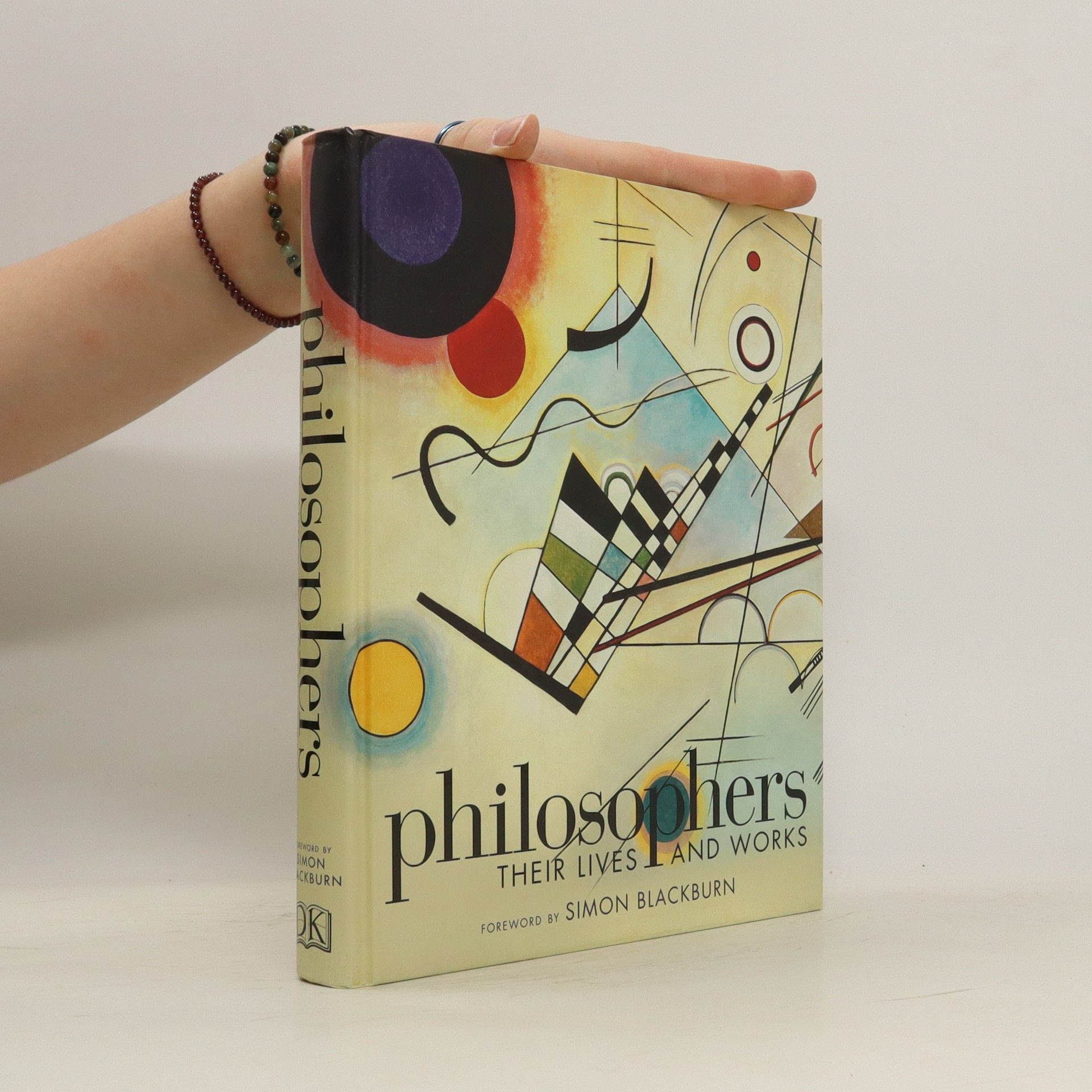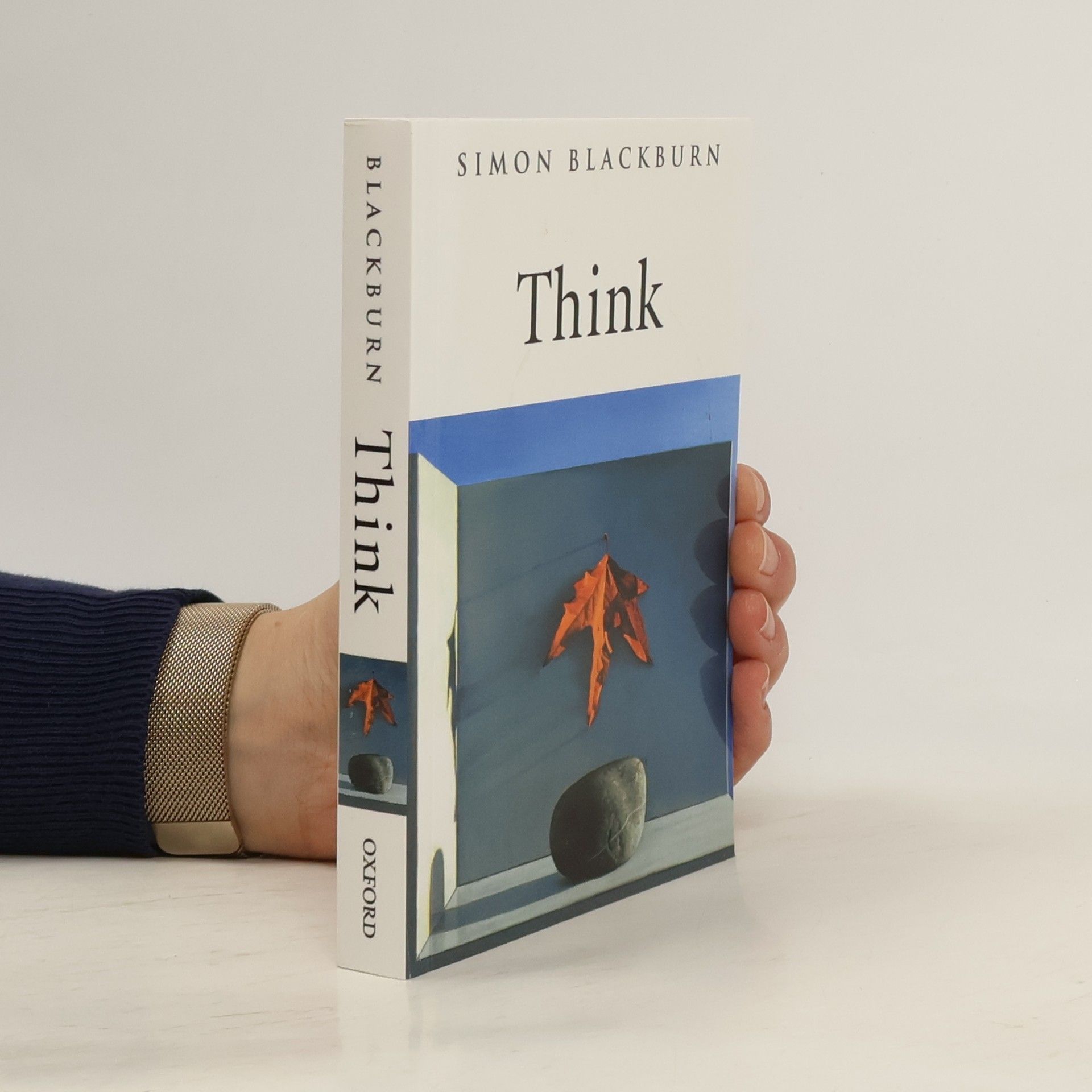Platone. Repubblica
- 171pagine
- 6 ore di lettura
Plato is perhaps the most significant philosopher who has ever lived and The Republic , composed in Athens in about 375 BC, is widely regarded as his most famous dialogue. Its discussion of the perfect city and the perfect mind laid the foundations for Western culture and, for over two thousand years, has been the cornerstone of Western philosophy. As the distinguished Cambridge professor Simon Blackburn points out, it has probably sustained more commentary, and been subject to more radical and impassioned disagreement, than almost any other of the great founding texts of the modern world. In Plato's Republic , Blackburn explains the judicial, moral and political ideas in the Republic with dazzling insight and clarity. Blackburn also examines Republic 's remarkable influence and unquestioned staying power, and shows why, from St. Augustine to twentieth century philosophers such as Ludwig Wittgenstein and Henri Bergson, Western thought is still conditioned by this most important, and contemporary, of books.






